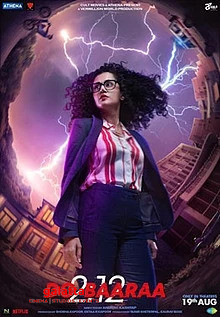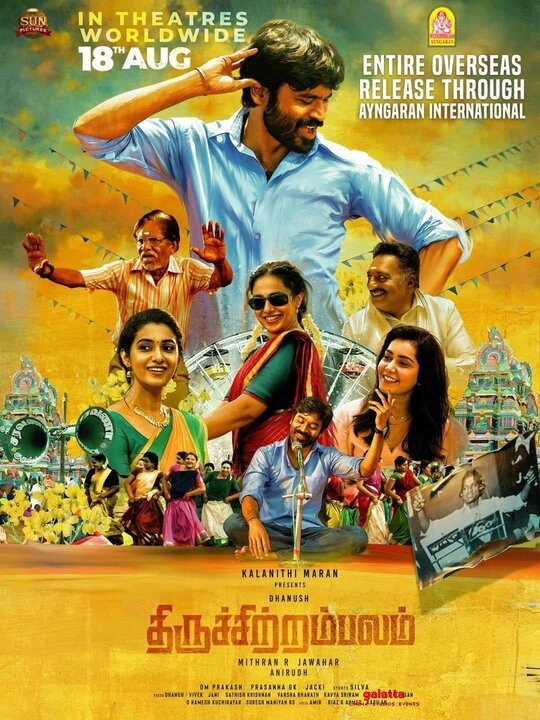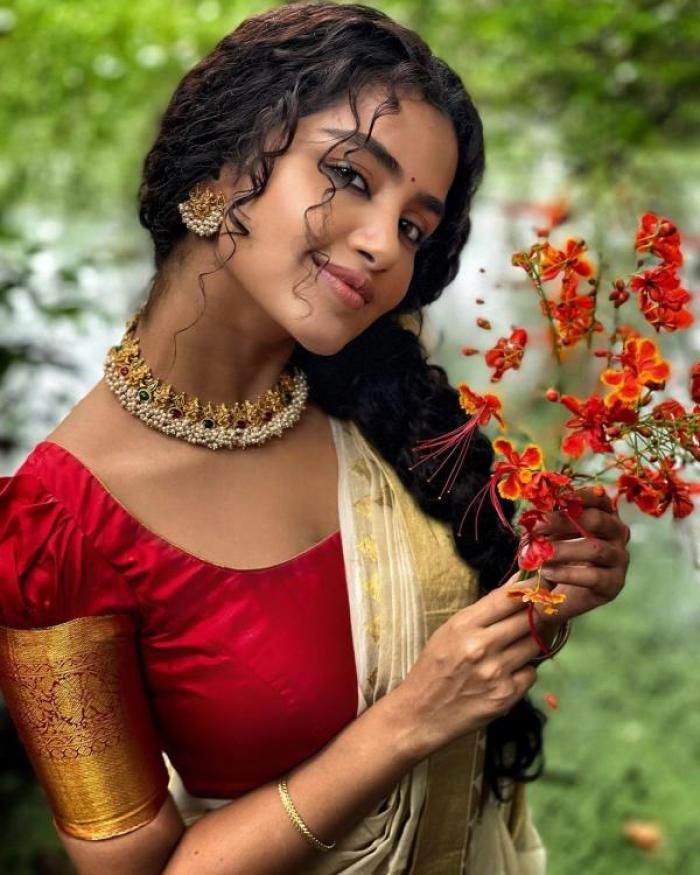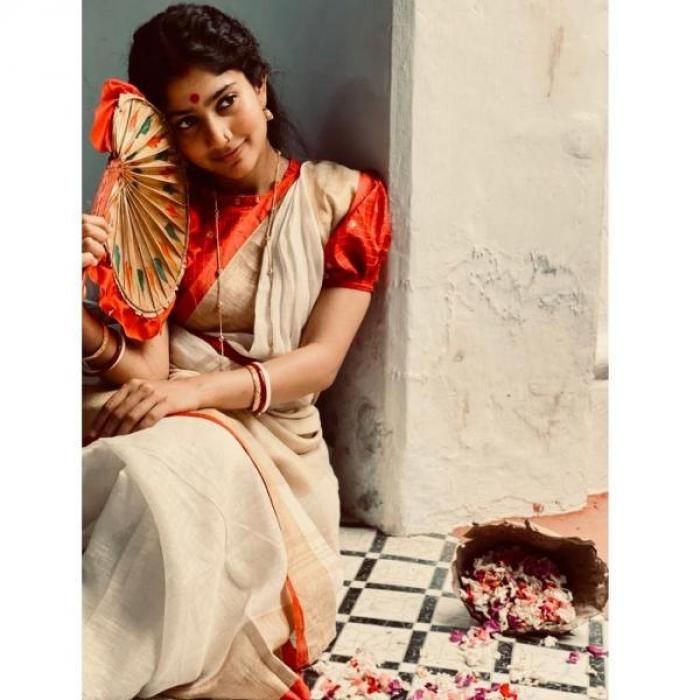Attention Please Movie Review (2022)
Jithin Issac Thomas's 'Attention Please' is a chilling allegory about caste and cinema, where the screenwriter is equated with the Dalit
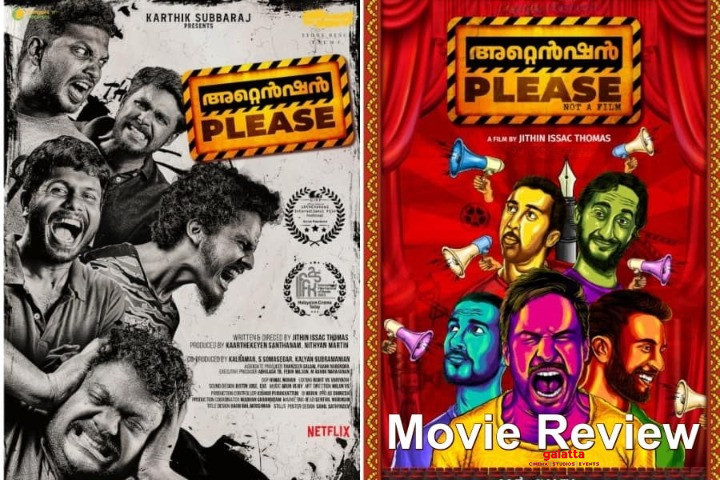
Attention Please Movie Cast & Crew
At first, it feels like one of those films where a bunch of bachelors live together. They cook. They booze. They all want or wanted to enter the world of cinema, and they talk nonstop about cinema. They talk about Mammootty and Mohanlal. They talk about Jomon T John and Syam Pushkaran. They talk about how lucky Karthick Naren was, because his father financed his breakthrough film Dhuruvangal Pathinaaru. They talk about the moral policing in Ishq. We even get a character whose ringtone is from the shower scene in Psycho. Every now and then, we get a little non-cinematic note about a character – sometimes through a cross around the neck or a thread that runs around the torso, or sometimes through lines by someone who cannot get married because he has to marry off his sister first, or sometimes through the man who wants to be a cinematographer but is working as a driver to make ends meet.
But Hari, brilliantly played by Vishnu Govindan, is different. He is an aspiring screenwriter. He does nothing but write screenplays. He lives off his flatmates. In other words, he is the "true artist", one who remains committed to his art however back-breaking the struggle is. The screenplay of Jithin Issac Thomas's Attention Please is structured around a series of stories narrated by Hari, stories from Hari's own screenplays. We've heard of a "play within a play", like in Hamlet. This is a case of "screenplays within a screenplay". And all these stories are dark and disturbing, with the cleverly constructed background sound effects making the narrations even more dark and disturbing. There are also intertextual links. The Brahmin character narrates an incident that involves a character who needed to urinate. Later, we find characters in this story needing to urinate.
How do you make a series of narrations look interesting? Cinematographer Himal Mohan captures these men with a gamut of variations. We get handheld shots. We lock on to static shots that stay for minutes. We get overhead shots. We get extreme close-ups and sideway angles. In other words, the visual grammar of the film is dark and disturbing, too. And what about the title, Attention Please? This is where everyone is asked to do their own reading, and my reading of the title is that it is a cry for help. "Please pay me attention." That is what the screenwriter indirectly says, both in cinema and in this particular movie. "Please don't dismiss my work as plagiarism. Please don't place so many restrictions on my work. Please don't underestimate my importance in a film. Please don't treat me like the lowest rung of the cinema hierarchy. Please don't treat me like shit."
And so it makes sense that the screenwriter Hari is someone who used to be called a "Hari"jan, and is now called a Dalit. (Maybe he's the metaphorical worm that keeps crawling through various scenes.) A second source of discrimination comes from his dark complexion. At first, Hari is an object of ridicule among his flatmates. But slowly, as he begins to narrate his stories, he gains the upper hand. This refers – again, my reading – to the power of writers and filmmakers to equalise everyone, if only for the duration of three hours. This also refers to the writer's real status in the cinema "society", because Hari's tales leave his dominant-caste friends spellbound. Hari, with his stories, is now the dominant player. In parts, Attention Please reminded me of Sanal Kumar Sasidharan's Ozhivudivasathe Kali, but that's just the structure. What gives the film its sting – despite an ending that is open to interpretation – is its thesis that at least in stories, in cinema, the oppressed can rise, a writer can become a hero, and true liberation from hierarchy is possible. Art is the ultimate weapon.
About Author

Baradwaj Rangan
National Award-winning film critic Baradwaj Rangan, former deputy editor of The Hindu and senior editor of Film Companion, has carved a niche for himself over the years as a powerful voice in cinema, especially the Tamil film industry, with his reviews of films. While he was pursuing his chemical engineering degree, he was fascinated with the writing and analysis of world cinema by American critics. Baradwaj completed his Master’s degree in Advertising and Public Relations through scholarship. His first review was for the Hindi film Dum, published on January 30, 2003, in the Madras Plus supplement of The Economic Times. He then started critiquing Tamil films in 2014 and did a review on the film Subramaniapuram, while also debuting as a writer in the unreleased rom-com Kadhal 2 Kalyanam. Furthermore, Baradwaj has authored two books - Conversations with Mani Ratnam, 2012, and A Journey Through Indian Cinema, 2014. In 2017, he joined Film Companion South and continued to show his prowess in critiquing for the next five years garnering a wide viewership and a fan following of his own before announcing to be a part of Galatta Media in March 2022.




